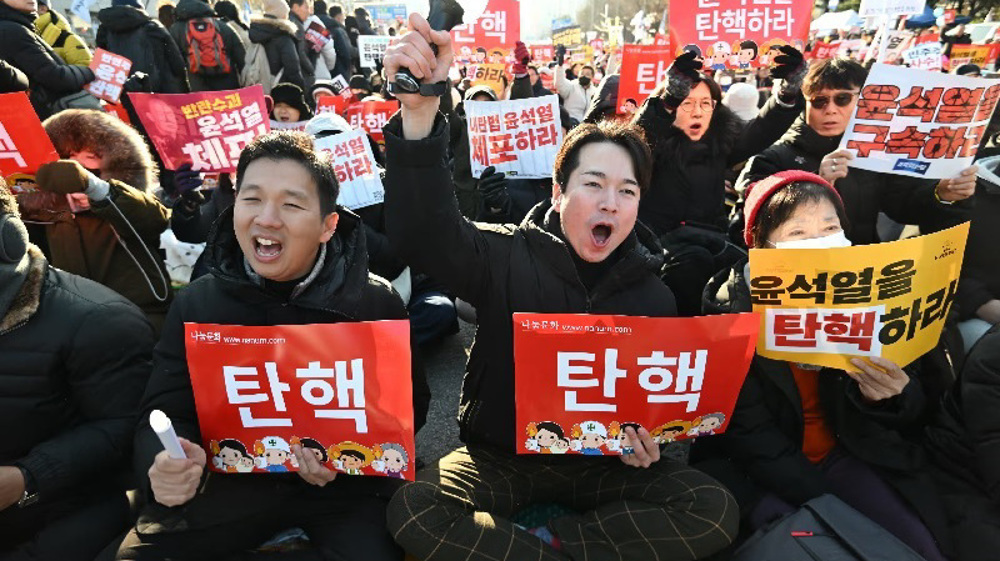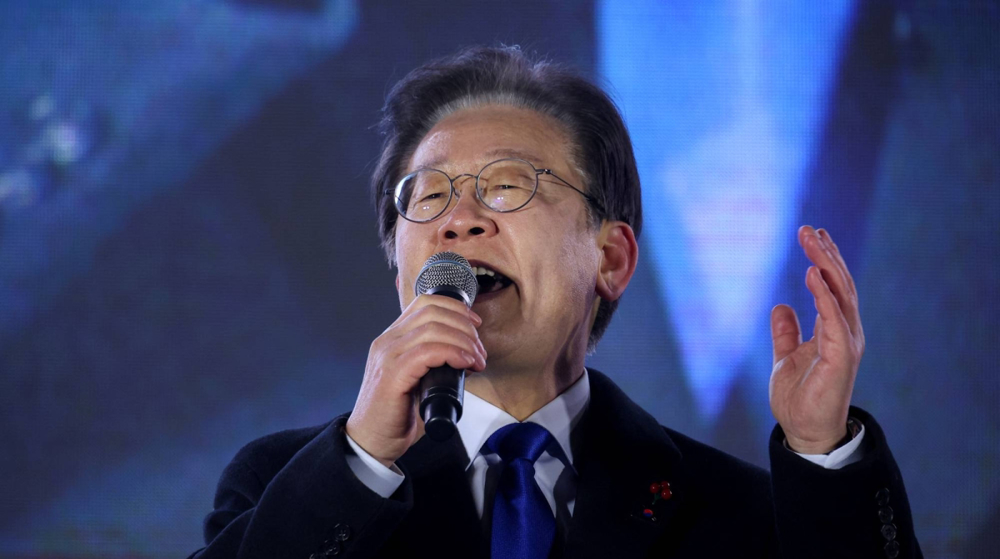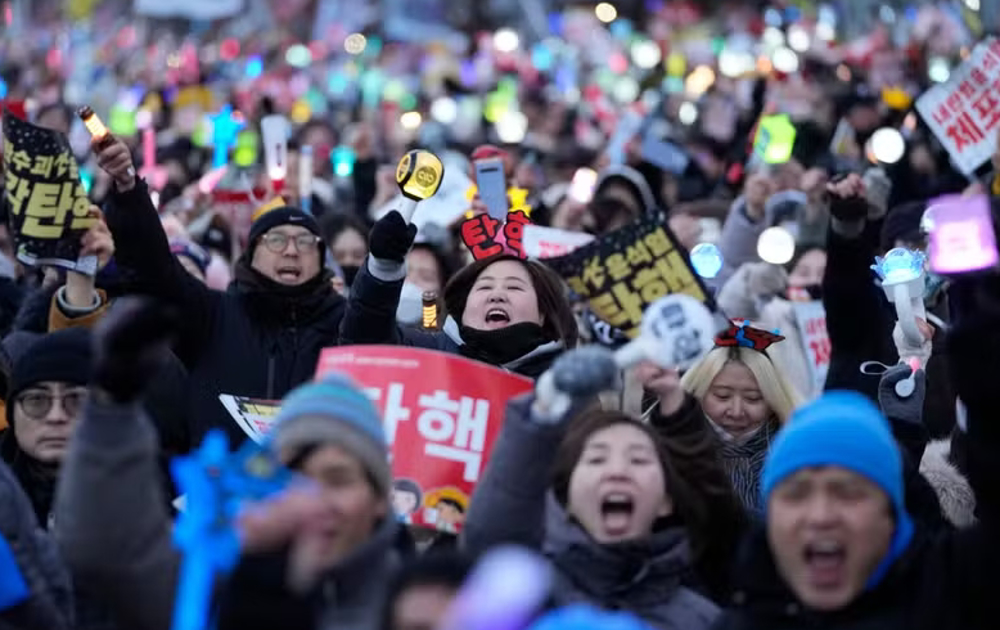South Korea closes joint industrial park with North
South Korea says it has closed a joint industrial park with the North, accusing Pyongyang of using the complex to fund its controversial nuclear and missile programs.
In a statement on Wednesday, the South Korean government said it had no option but to take "extraordinary measures" to force the North to abandon its nuclear ambitions.
The funds South Korea had poured into the Kaesong Industrial Complex "have ultimately been wrongly harnessed in the service of upgrading North Korea's nuclear weapons and long-range missiles,” the statement said, adding that Seoul "has decided to completely shut down" the park.
Kaesong, which was set up in 2004 as a symbol of inter-Korean reconciliation, lies just 10 kilometers (six miles) across the border in North Korea. The industrial area is home to 124 South Korean companies, employing about 53,000 workers.

The government statement said Kaesong had provided the North with 616 billion won (USD 560 million) in cash over the years -- including 132 billion won in 2015 alone.
The move came three days after Pyongyang said it successfully launched a long-range rocket reportedly aimed at placing an earth observation satellite into orbit. However, Washington and Seoul denounced the move as a cover for an intercontinental ballistic missile test.
Last month, South Korea also resumed its propaganda broadcasts along the border with the North following Pyongyang’s latest nuclear bomb test.
North Korea declared itself a nuclear power in 2005 and carried out several nuclear weapon tests in 2006, 2009 and 2013. It also conducted its fourth nuclear test last January, triggering condemnation from the international community.
Japan to impose fresh bans on North Korea
In another development on Wednesday, Japan announced that it will impose new sanctions against North Korea to protest Pyongyang’s recent rocket launch.
Japanese Chief Cabinet Secretary Yoshihide Suga said at a news conference in Tokyo that the sanctions will include expanded restrictions on travel between the two countries and a complete ban on visits by North Korean ships to Japanese ports. Under the new measure, all money transfers, except for those below USD 880 for humanitarian purposes, will also be forbidden.
"Despite our repeated requests to stop nuclear tests and missile development, (North Korea) pushed ahead with the launch. It has a direct impact on Japan and we need to show our strong determination," Suga said.
The bans need approval from the Japanese cabinet. They further require legislative changes in the parliament.
‘All wars have rules. All of those rules have been broken’ by Israel
VIDEO | Report flags India’s violation of rights of Rohingya detainees
Turkey's foreign minister meets Syria's de facto leader in Damascus
'Next to impossible' to rescue patients from Gaza's Kamal Adwan Hospital: Director
VIDEO | Vietnam current prosperity
Report blames gasoil exports for shortage at Iranian power plants
VIDEO | Hind Rajab Foundation names Israeli war criminals vacationing after Gaza genocide
VIDEO | Australians rally for Gaza ahead of Christmas festivities















 This makes it easy to access the Press TV website
This makes it easy to access the Press TV website